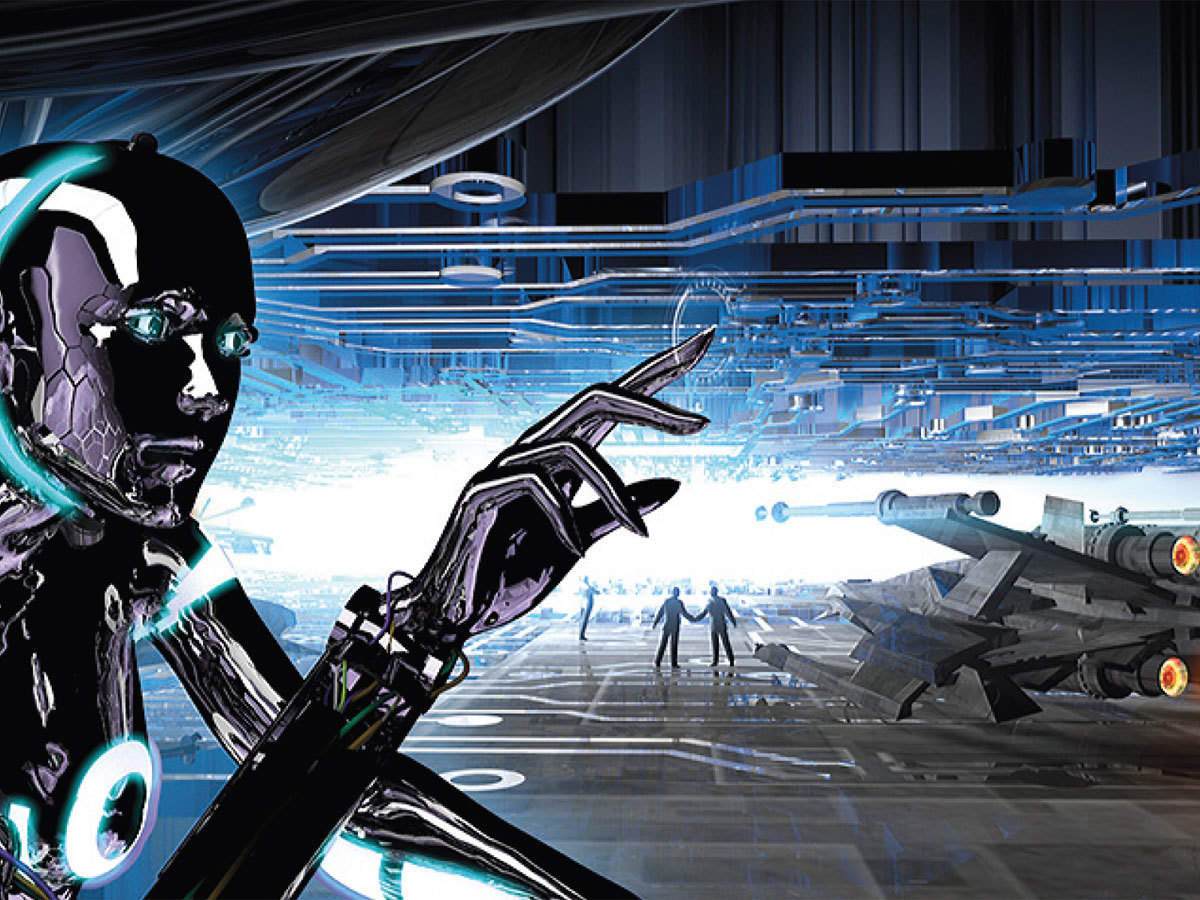Role of artificial intelligence in future warfare
Artificial intelligence (AI) is a rapidly developing technology that has the potential to revolutionize many industries, including the field of warfare. While AI has the potential to greatly enhance military capabilities, it also raises significant ethical and strategic questions about the future of warfare.
One of the main ways that AI could be used in future warfare is in the development of autonomous weapons systems. Autonomous weapons are designed to operate without human intervention, using AI algorithms to make decisions about the use of force. These weapons have the potential to greatly increase the speed and accuracy of military operations, but they also raise concerns about accountability and the potential for unintended consequences.
Another area where AI could play a significant role in future warfare is in the collection and analysis of intelligence. AI algorithms can be used to analyze vast amounts of data, including surveillance footage, social media posts, and satellite images, in order to identify patterns and trends that may be of interest to military planners. However, the use of AI for intelligence gathering also raises concerns about privacy and the potential for misuse of personal data.
"The development and deployment of artificial intelligence in the military raises complex and important questions about the future of warfare, including issues of accountability, ethics, and the potential for unintended consequences." - Elon Musk
This quote highlights the complex and multifaceted nature of the role of artificial intelligence (AI) in future warfare. It emphasizes the need to carefully consider the implications of using AI in the military, including issues of accountability and the potential for unintended consequences.
AI could also be used to enhance the effectiveness of military logistics, such as the management of supply chains and the deployment of troops and equipment. By using AI to optimize logistics, the military could reduce costs and improve efficiency, but it could also lead to the displacement of human workers and raise concerns about the potential for AI to make mistakes or be hacked.
In addition to these specific applications, AI could also have a more general impact on the nature of warfare itself. The development of AI-powered weapons and other military systems could lead to a more automated and impersonal form of warfare, with fewer human soldiers on the front lines. This could have significant implications for the ethics of warfare, as well as the role of soldiers and the public perception of conflict.
Overall, the role of AI in future warfare is a complex and controversial topic that raises a number of ethical and strategic questions. While AI has the potential to greatly enhance military capabilities, it is important to carefully consider the implications of this technology and to ensure that it is used in a responsible and accountable manner.







